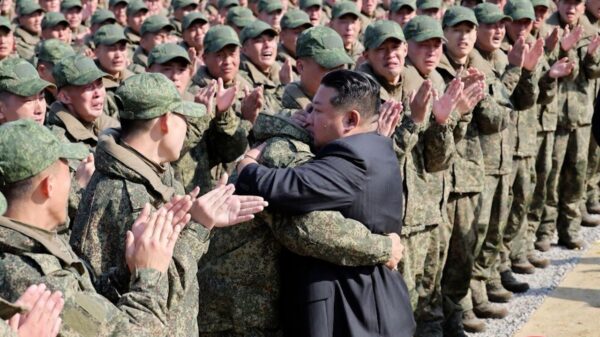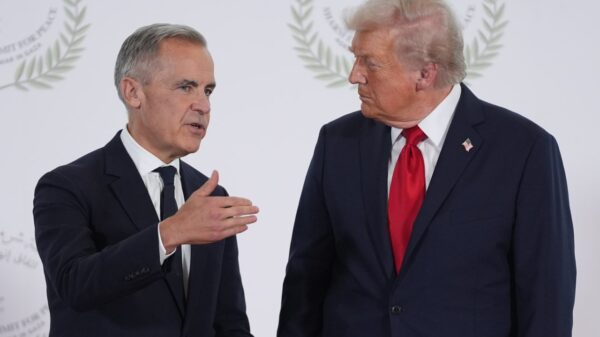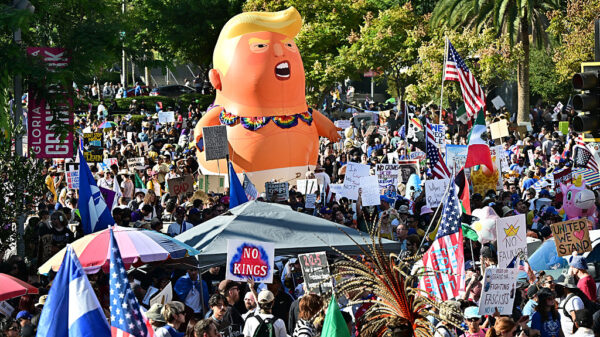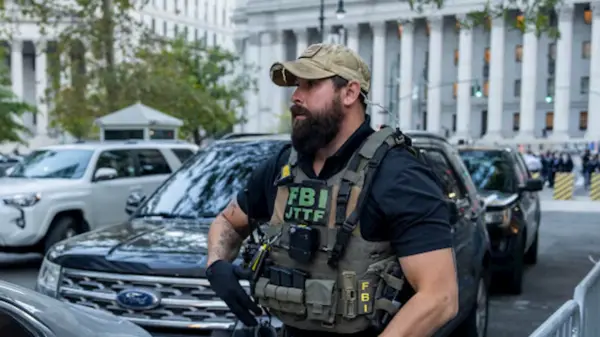UPDATE: Legal experts are raising urgent questions about the legality of President Donald Trump’s recent military strike that killed 11 alleged drug smugglers in the Caribbean. Under pressure from Congress to provide a legal rationale, the Trump administration has not clarified its justification, leading to a wave of skepticism among lawmakers and legal analysts.
Earlier today, the Defense Department unexpectedly canceled classified briefings that were scheduled for key members of the House and Senate to discuss the strike. Lawmakers were eager to understand which military unit executed the attack, what munitions were used, and the intelligence that led to identifying the targets on the speedboat.
Administration officials contend that the targets were members of the Venezuelan criminal gang Tren de Aragua, which the U.S. has labeled a terrorist organization. “The strike was the obvious result of designating them a terrorist organization,” a source familiar with the Pentagon’s rationale stated. However, experts argue that the U.S. has not formally declared war against Tren de Aragua, raising significant legal concerns.
Trump’s letter to Congress, sent on July 21, 2023, provided minimal details but asserted his Article II authority to conduct military actions. He noted that the military is prepared for further operations. However, critics, including Marco Rubio, have indicated that the boat could have been intercepted rather than destroyed, questioning the necessity of lethal force.
Legal analysts are pointing out that while the designation of Tren de Aragua as a foreign terrorist organization allows for sanctions, it does not grant automatic permission for deadly force. The standards for military engagement require that targets be deemed legitimate combatants under both international and domestic law.
Former State Department lawyer Brian Finucane criticized the administration’s justification as “legal madlibs,” suggesting the arguments are convoluted and lack coherence. The administration has yet to provide specific identities or information about the deceased individuals, further clouding the justification for the strike.
The controversy escalates as Trump’s letter claims self-defense due to “the inability or unwillingness of some states” in the region to combat threats to U.S. interests. However, experts caution that asserting self-defense under the UN Charter necessitates proof that the action was necessary and proportionate. With conflicting statements from Trump and Rubio about the boat’s intended destination, the situation remains murky.
As the fallout continues, Congress is demanding clarity on the facts surrounding the strike. Legal experts emphasize that any justification for lethal action must demonstrate that alternative measures were not viable. The lack of details about the 11 individuals killed raises further concerns about potential violations of international law, which prohibits the deliberate killing of civilians.
CNN has reached out to the White House for further comment, but the administration’s responses have been vague and lacking definitive answers. The coming days are crucial as lawmakers seek to hold the administration accountable for its actions, and the legal implications of this strike may reverberate for some time.
Stay tuned as more updates unfold on this developing story.




































































